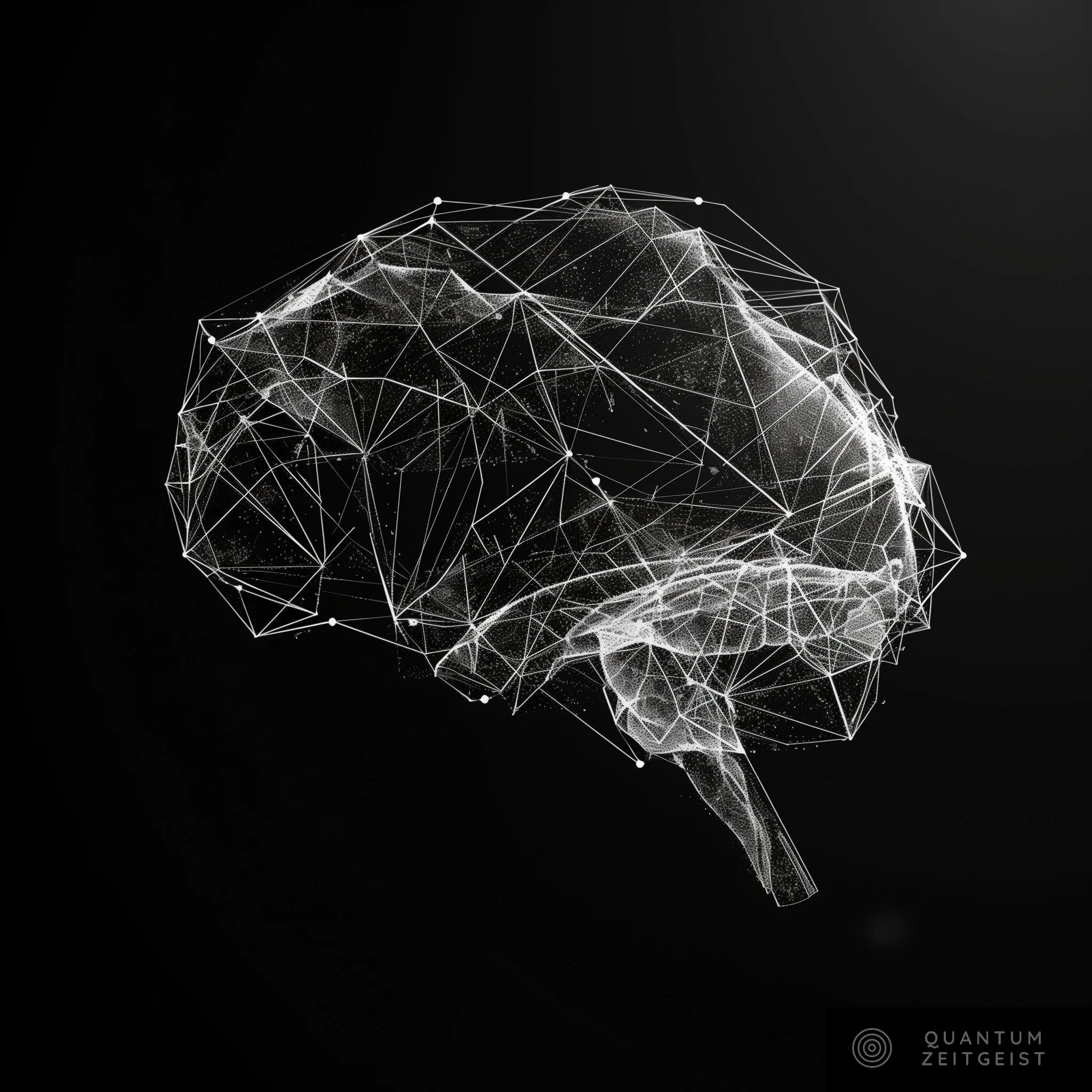Quantum computing, an emerging technology that leverages quantum mechanics principles, could significantly enhance artificial intelligence (AI) capabilities. The integration of these two fields could improve processing power, algorithm efficiency, and problem-solving abilities. However, the practical application of quantum computing in AI is still in its early stages. Quantum computers, predicted to replace transistors by 2025, use quantum characteristics to process data, potentially leading to exponentially faster solutions. The future of quantum computing and AI is promising, with the potential to solve complex problems currently beyond our reach, but many challenges still need to be overcome.
What is the Impact of Quantum Computing on Artificial Intelligence?
Quantum computing is an emerging technology that has the potential to significantly enhance the performance of classical computers. This technology leverages the principles of quantum mechanics, such as superposition and entanglement, to create states that scale exponentially with the number of qubits. This ability to handle large, complex problems has made quantum computing a promising field of study for many research communities and companies.
Artificial intelligence (AI), another rapidly evolving field, stands to benefit greatly from advancements in quantum computing. Integrating these two domains could significantly improve processing power, algorithm efficiency, and problem-solving capabilities. However, it’s important to note that the practical application of quantum computing in AI is still in its early stages of development.
This article aims to provide a comprehensive overview of quantum computing, examining its benefits, drawbacks, potentials, and threats to AI. The goal is to enhance our understanding of how AI can benefit from quantum computations and pave the way for future explorations and enhancements in this exciting frontier.
How Does Quantum Computing Work?
Quantum computing is based on the principles of quantum mechanics, precisely entanglement and superposition. These principles allow quantum computers to process information in ways that classical computers cannot, potentially leading to exponentially faster solutions to complex problems.
In contrast to classical computers, which use transistors to encode data into binary digits, quantum computers use quantum characteristics to represent and process data. By 2025, it’s predicted that computers may no longer use transistors or chips, but instead, rely on quantum computing technology. This could result in computers that are significantly faster than current models and could even operate without energy.
Quantum computers employ qubits, which can exist in multiple states simultaneously due to superposition and entanglement. This unique property allows quantum computers to process information in ways that traditional computers cannot, potentially leading to exponentially faster solutions to complex problems.
What is the Role of Artificial Intelligence?
Artificial intelligence (AI) is a multidisciplinary field of computer science that aims to create machines capable of mimicking human cognitive functions and exhibiting intelligent behavior. AI systems are designed to perform tasks that typically require human intelligence, such as learning from experience, understanding natural language, recognizing patterns, solving problems, and adapting to changing environments.
The integration of quantum computing and AI could have profound implications. As quantum computing technology advances, it could significantly enhance the processing power, algorithm efficiency, and problem-solving capabilities of AI systems. However, it’s important to note that the practical application of quantum computing in AI is still in its early stages of development.
How Did Quantum Computing Originate?
The concept of quantum computing has its roots in both current and traditional physics. The original idea for quantum computers was developed by Richard Feynman, who sought to replicate or simulate quantum systems that are difficult to simulate using a conventional computer.
As molecules become more complex, with more atoms and electrons, the number of alternative configurations for these molecules increases exponentially. Feynman believed that quantum computers could help to simulate these complex systems.
What are the Potential Applications of Quantum Computing in AI?
The integration of quantum computing and AI holds the promise of unlocking new frontiers in processing power, algorithm efficiency, and problem-solving. Quantum computing, with its foundation in the principles of quantum mechanics, is poised to revolutionize computational capabilities.
While the practical application of quantum computing in AI is still in its early stages of development, the potential synergies and applications are vast. As research and development in this field continue, we can expect to see significant advancements in the capabilities of AI systems.
What are the Future Prospects of Quantum Computing and AI?
The future of quantum computing and AI is incredibly promising. As these two fields continue to evolve and integrate, we can expect to see significant advancements in computational capabilities. This could lead to the development of AI systems that are capable of performing tasks that are currently beyond our reach.
However, it’s important to remember that the practical application of quantum computing in AI is still in its early stages of development. While the potential benefits are vast, there are also many challenges that need to be overcome. As research and development in this field continue, we can look forward to a future where quantum computing and AI work together to solve some of the world’s most complex problems.
Publication details: “The Impact of Quantum Computing on Artificial Intelligence: An Overview”
Publication Date: 2024-05-08
Authors: Marwah Naeem Hassooni
Source: International academic journal of science and engineering
DOI: https://doi.org/10.9756/iajse/v11i1/iajse1125

